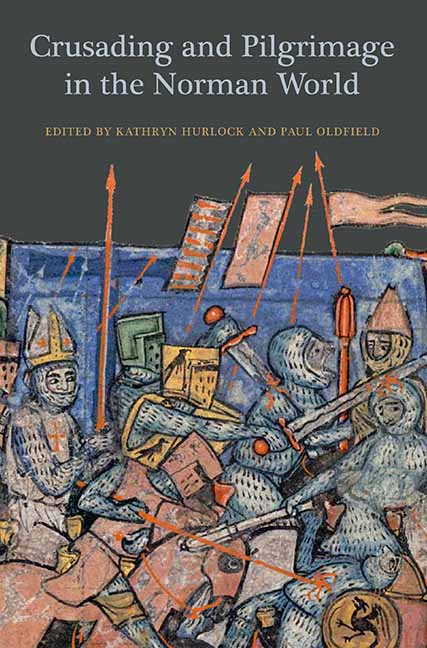2 - The Enemy Within: Bohemond, Byzantium and the Subversion of the First Crusade
Published online by Cambridge University Press: 25 May 2021
Summary
All the preparations were thus made. The knights went by the plain and the foot-soldiers by the mountain, and they rode and marched all night until towards dawn, when they began to approach the towers of which Firuz, who had been watching all night, was warden. Then Bohemond dismounted at once and said to his men, ‘Go on, strong in heart and lucky in your comrades, and scale the ladder into Antioch, for by God's will we shall have it in our power in a trice.’ The men came to the ladder, which was already set up and lashed firmly to the battlements of the city, and nearly sixty of them went up to it and occupied the towers which Firuz was guarding. But when Firuz saw that so few of our men had come up, he began to be afraid, fearing lest he and they should fall into the hands of the Turks and he said (in Greek), ‘Μικρούς ϕράγκους έχομϵν’ (which means, ‘We have few Franks’). Where is the hero Bohemond? Where is that unconquered soldier?
This famous passage from the anonymous Gesta Francorum narrates one of the most decisive incidents in the course of the First Crusade, describing how on the night of 2/3 June 1098, followers of Bohemond, son of Robert Guiscard, climbed up the walls of the city of Antioch on the Orontes to seize three towers commanded by one Firuz (or Pirrus), an officer in Turkish service, who had agreed to betray his section of the walls to the crusaders. The anonymous author dramatically conveys the uncertainty of the situation, highlighting the danger that the traitor of Antioch was about to get cold feet because he did not immediately see the crusader leader. Eventually Bohemond arrived on the scene and, despite the breaking of one of the scaling ladders, his men effected an entry that delivered the city into the hands of the crusaders.
As well as illuminating the difficulties of a clandestine military operation undertaken in darkness, the passage is interesting because of two stylistic features. The first relates to the purported direct speech. While the words of Bohemond and Firuz must be regarded as literary constructions rather than verbatim reproduction, they probably correspond to the import of what was actually said.
- Type
- Chapter
- Information
- Crusading and Pilgrimage in the Norman World , pp. 31 - 48Publisher: Boydell & BrewerPrint publication year: 2015
- 3
- Cited by



